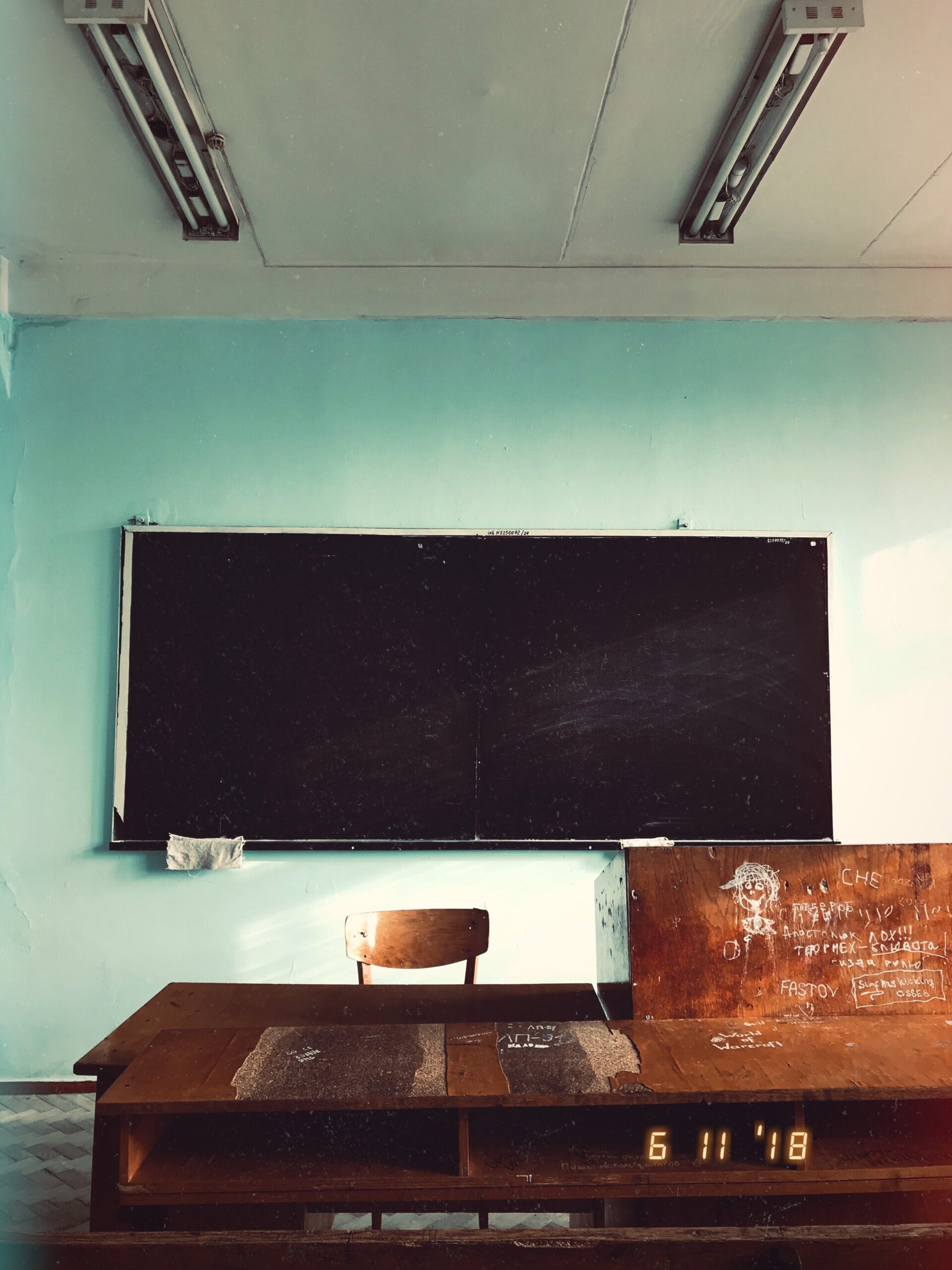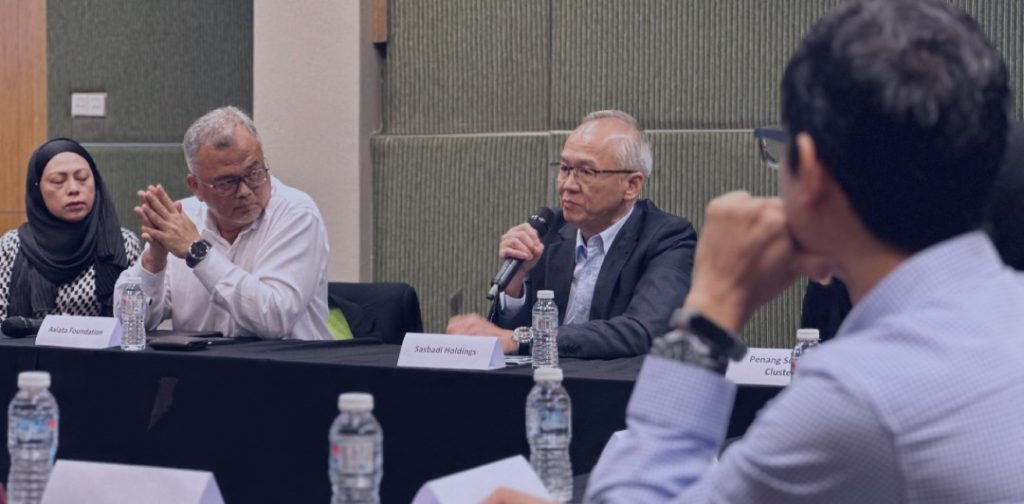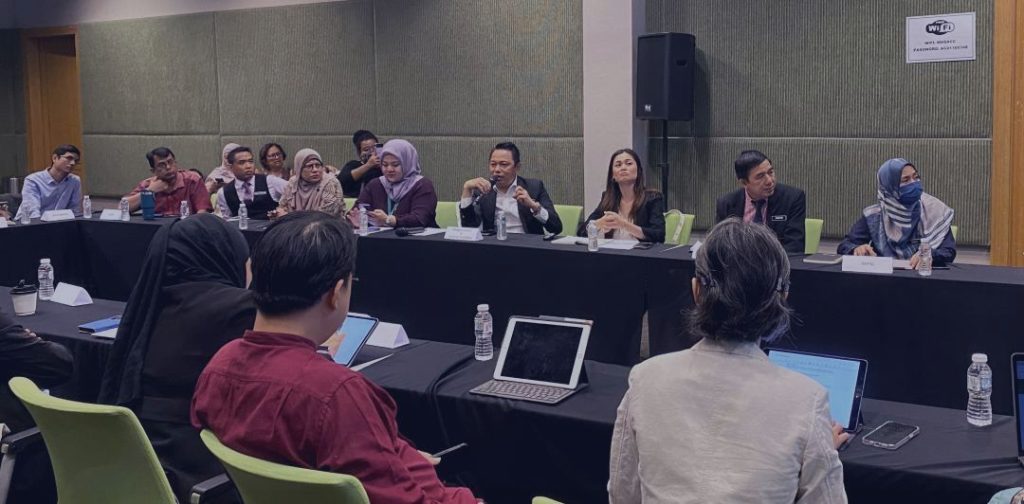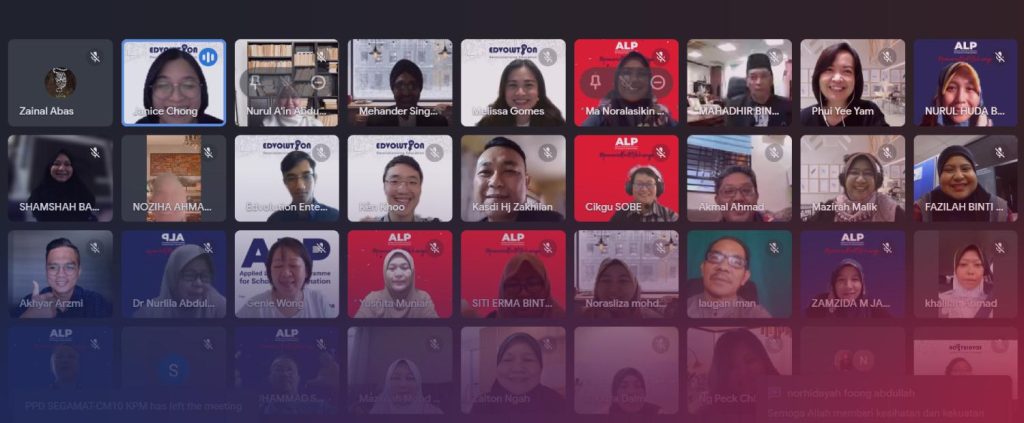By Melissa Tanya Gomes
16 July 2022
The quality of an education system cannot exceed the quality of its teachers, a quote often attributed to the 2007 McKinsey Report How the world’s best-performing education systems come out on top. Having been a teacher and working with schools for nearly nine years, this quote has got me thinking deeper about what ultimately affects student learning.
Linda Darling Hammond’s book entitled Empowered Educators refers to Teacher Quality as teachers’ skill, competencies and sometimes their personality traits. It may include but is not limited to the following attributes:
- Strong content knowledge.
- Knowledge and skills to teach others (content pedagogy).
- Understanding of the different learning needs in students.
- Willingness to collaborate with the community.
- Willingness to continuously improve.
In the same book, Hammond also defined Teaching Quality as the system that enables teachers to develop and apply their skills, competencies, and personality traits in the classroom. Key considerations include the curriculum and assessment systems that teachers are expected to deliver, opportunities for teachers to collaborate and develop themselves and the fit between teachers’ qualifications and what they have been assigned to teach.
In Edvolution Enterprise’s work with schools, it was found that teachers who have strong support from their peers, school principals and district offices often emerge as good practitioners in the classroom. A majority of these teachers are considered ‘early’ in their profession. On the contrary, our work also suggests that experienced teachers (teachers who are longer in the service, have a minimum Masters degree) when placed in a school that lacks resources and professional support from the school leadership or district, perform averagely in the classroom.
This leads to my next question: Which of the two has a more significant effect on students’ learning? Teacher or teaching?
My Reflection
In 2013, I started my first day in the classroom of 10 fourteen-year-old boys. I had all my teaching materials, my enthusiasm and most importantly, my one-month worth of training for me to face the classroom.
My imagination of having students listening, participating, and showing interest in my class did not go as planned.
It turned out to be one of my biggest nightmares. My students were sleeping, there were no tables, and they had no school bags. I started to panic as none of my teacher training prepared me for this. My enthusiasm to apply my learnings, my hard work in preparing the teaching materials, and my one-month worth of training went down the drain in a split second.
What have I learned?
If we pursued Teacher Quality, I failed as a teacher.
If we pursued Teaching Quality, one would assess whether I was asked to teach a flawed curriculum or whether I was provided sufficient information about the students. Besides that, one would also examine if there was strong peer support to design my lesson plan.
Lesson # 1
A skilled teacher may face challenges delivering a lesson well when not given adequate resources and support. On the contrary, a less-skilled teacher who has strong peer support and coaching can perform better. For teachers who have similar skills and knowledge, the quality of teaching depends on the resources a school has, the curriculum and opportunities for professional development.
Lesson # 2
All teachers (including high performing) can teach better when given sufficient support, resources and opportunities for development. As Hammond mentions in her book,
Strong teacher quality may heighten the probability of effective teaching, but it does not guarantee it.
Lesson # 3
Effective teaching can take place in the classroom, when policies that construct the curriculum, teacher training, professional developments, assessments, and reward system are addressed along with the skills, competencies, and personalities of teachers.
Conclusion
Teachers are knowledge workers. However, the key differentiation between a teacher is the policies that construct the learning and working environment i.e the Teaching Quality. At Edvolution Enterprise, we care about teachers’ continuous professional learning. Our courses and programmes are unique as we engage teachers on the ground when developing the content and structure.
Teaching skills change and evolve. Along with practice, teachers improve. However, if there is no proper system that governs continuous development, good teaching would not take place.
Melissa Tanya Gomes is the Co-founder and CEO of Edvolution Enterprise. She has more than 10 years of experience in management consulting and education. She co-founded a school improvement initiative for which she was given the Excellent Service Award by the Ministry of Education Malaysia in 2018.







